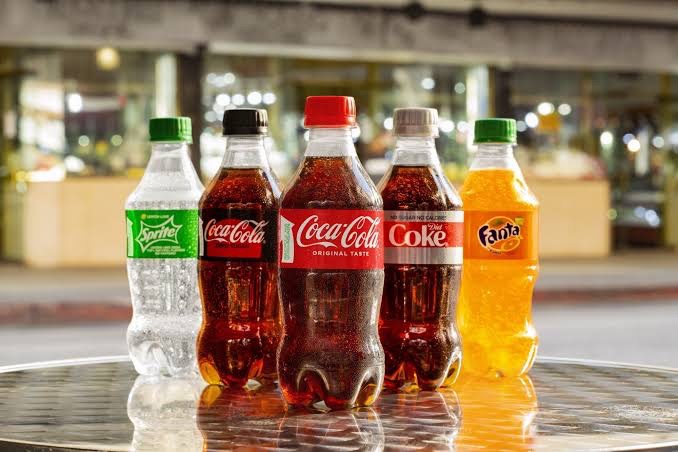Manufacturers have been tasked to use easily recyclable and biodegradable materials, design products that are easily disassembled for recycling, and adopt recycled materials into the manufacturing process of new products.
This formed part of the resolutions from the 2024 Brand Audit and clean-up exercise undertaken by Sustainable Research and Action for Environmental Development (SRADev) Nigeria, in collaboration with the Association of Waste Pickers of Lagos (ASWOL).
Participants said it is not enough for producers to dissociate from their products after they have been distributed or sold.
“Too often, products are designed without considering what happens to them once they’re no longer useful, resulting in high levels of pollution within communities.

“Manufacturers should use materials that are easily recyclable/biodegradable, design products to be easily disassembled for recycling, and adopt recycled materials into the manufacturing process of new products.
“Producers have a responsibility to ensure that their products don’t end up polluting our environment. Efforts such as collaborating with waste pickers and setting up efficient collection and recycling systems are also long overdue. These systems should also be easily accessible to all to make it easy for consumers to dispose of their waste responsibly,” they stated.
The audit, which featured 23 participants, listed the top five polluting parent companies to include the Coca-Cola Company, La Casera Company, Grand Oak Limited, Intercontinental Distillers Limited and Heineken (makers of Farouz).
The exercise audited 1,706 plastics and noted that food packages (bottle/sachet components) constituted about 89% of the plastic brand pollutants.
It also established the top five individual polluting brands as Nirvana, Adbuk (sachet water), Coca-cola, Seaman’s Schnapps, and Safrika (sachet water).
Sachet water and alcoholic drinks are notable contributors to environmental pollution.
The Brand Audit is an annual event organised by Global Alliance for Incinerator Alternatives (GAIA) and Break Free from Plastics (BFFP), aimed at building a world free from plastic pollution.
Olaitan Ibrahim